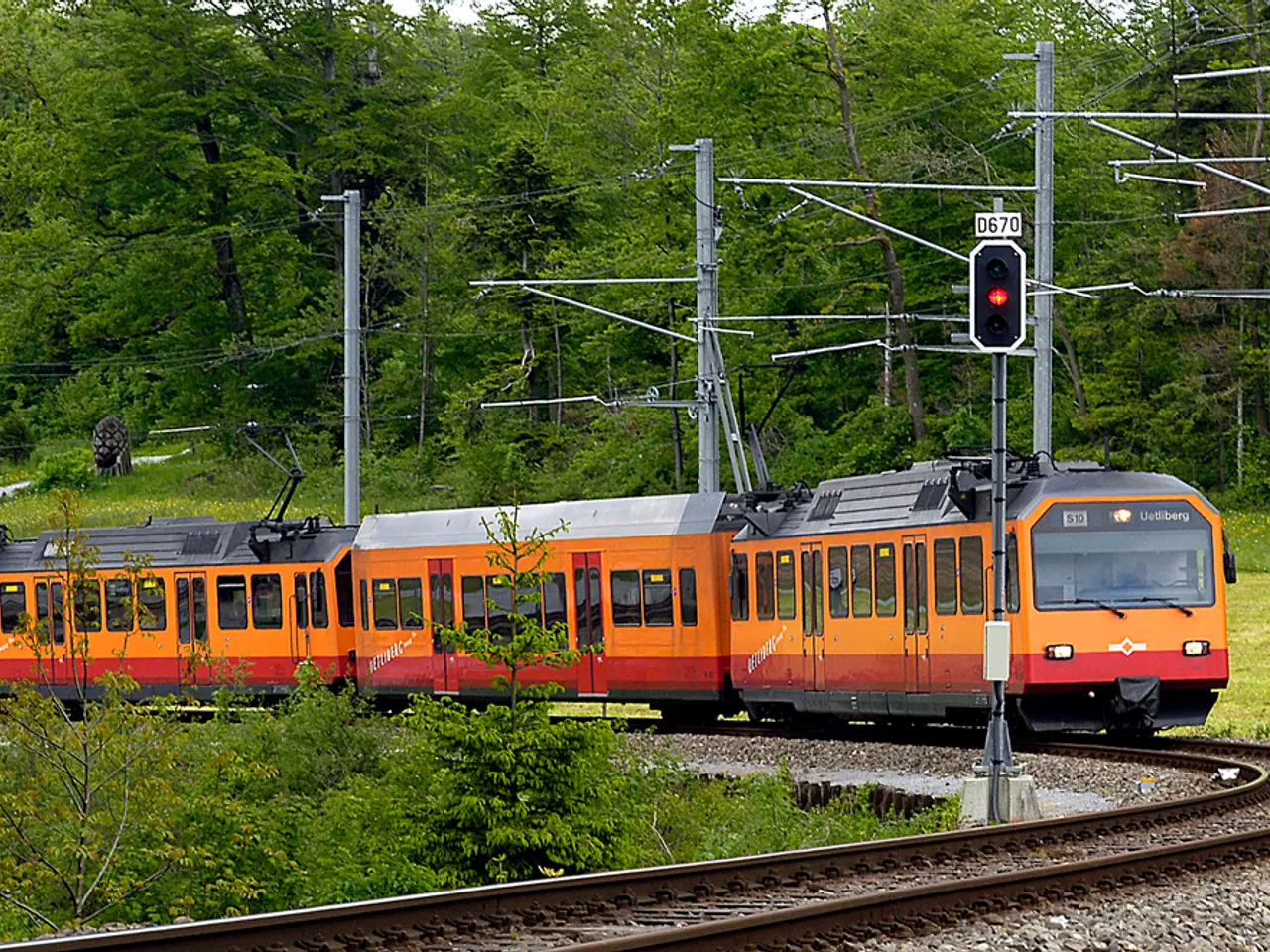International Finance Center Establishment Approved by National Assembly's Resolution
Vietnam is set to establish its first International Financial Centre (IFC) as a dual-city hub in Ho Chi Minh City and Da Nang, aiming to transform the country into a significant financial gateway and integrate with the global financial network [1][2][3].
Location ------------
The IFC will be established in two specific geographic areas: Ho Chi Minh City in the south and Da Nang in the center of Vietnam [1][2][3].
Purpose and Vision ------------------
The IFC aims to foster a diverse ecosystem of financial services, including banks, investment funds, securities, currency and commodities exchanges, fintech innovations, and non-financial support services [1]. It is expected to stimulate strategic breakthroughs in infrastructure, support national digital transformation, and contribute to sustainable finance and green projects [1][2].
Legal Framework and Governance ------------------------------
On June 27, 2025, the National Assembly adopted a comprehensive resolution containing six chapters and 35 articles, which will come into effect on September 1, 2025 [2][5]. This resolution defines the establishment, governance, operation, and oversight mechanisms of the IFC and applies to all participants, investors, and authorities involved [2][5].
Dedicated management and oversight bodies will be created, including a specialized court and an international arbitration centre for dispute resolution [4].
Policies and Incentives -----------------------
Members of the IFC will be permitted to conduct transactions and borrow in foreign currencies both inside the centre and with external entities and individuals, facilitating easier cross-border financial activities [4]. The resolution allows for special mechanisms and policies in areas such as foreign exchange, banking, capital markets, tax incentives, immigration, and more to attract and accommodate international financial institutions [2][4].
Tax incentives are significant: new investment projects in priority sectors within the IFC could enjoy a preferential corporate income tax rate of 10% for 30 years, including a tax holiday of up to four years and a 50% tax reduction for the following nine years [4].
Financial Products and Market Positioning -----------------------------------------
The two cities, Ho Chi Minh City and Da Nang, will develop tailored financial product strategies based on their respective regional strengths, maintaining fairness and complementarity [2]. The IFC is designed to operate according to advanced international standards, linking domestic and international exchanges to foster innovation and integration [2].
The resolution does not mention any specific mechanisms or policies for attracting and developing innovation and financial services supporting green and sustainable projects in Vietnam. It also does not specify the criteria for determining the country most closely connected to a transaction. In disputes about the applicable laws, the laws of the country most closely connected to the transaction will be applied. Foreign parties in transactions can agree to apply foreign laws, but only if it doesn't violate Vietnamese fundamental principles. The resolution does not address how the application of foreign laws might affect the free movement of international capital between the International Financial Centre and the world.
The resolution on the International Financial Centre in Vietnam has been signed by National Assembly (NA) Chairman Tran Thanh Man.
[1] Vietnam News Agency (VNA) (2025). Vietnam to establish international financial centre in Ho Chi Minh City and Da Nang. Retrieved from https://vietnamnet.vn/en/news/vietnam-to-establish-international-financial-centre-in-ho-chi-minh-city-and-da-nang-742293.html
[2] Vietnam Investment Review (VIR) (2025). Vietnam's first international financial centre to be established in Ho Chi Minh City and Da Nang. Retrieved from https://vir.com.vn/vietnams-first-international-financial-centre-to-be-established-in-ho-chi-minh-city-and-da-nang-98292.html
[3] The Hanoi Times (2025). Vietnam to establish international financial centre in Ho Chi Minh City and Da Nang. Retrieved from https://www.hanoitimes.vn/2025/06/vietnam-to-establish-international-financial-centre-in-ho-chi-minh-city-and-da-nang.html
[4] Vietnam Briefing (2025). Vietnam's International Financial Centre: What You Need to Know. Retrieved from https://www.vietnam-briefing.com/news/vietnams-international-financial-centre-what-you-need-to-know.html
[5] Vietnam Law and Legal Forum (2025). Resolution No. 105/2025/QH15 on the establishment and operation of the International Financial Centre in Vietnam. Retrieved from https://vietnamlawmagazine.vn/resolution-no-1052025qh15-on-the-establishment-and-operation-of-the-international-financial-centre-in-vietnam/
The International Financial Centre (IFC) aims to establish a diverse business ecosystem, incorporating banks, investment funds, securities exchanges, fintech innovations, and non-financial support services [1]. This centers in Ho Chi Minh City and Da Nang are designed to stimulate strategic breakthroughs in infrastructure, support national digital transformation, and contribute to sustainable finance and green projects [1].
The IFC, being governed by a comprehensive resolution, will offer special policies to attract international financial institutions, including tax incentives and customs simplifications, positioning Vietnam as a significant player in the global financial network [2][4].




